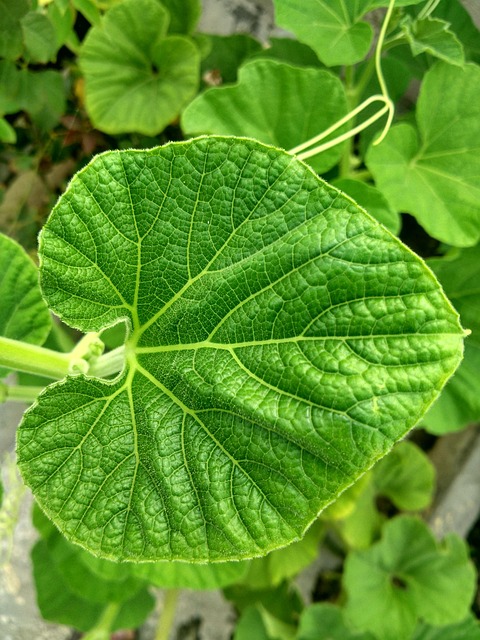The Piney Ridge Center Lawsuit is a significant legal battle advocating for justice for victims of historical abuse and neglect at the South Carolina children's home. It addresses severe physical, emotional, and sexual trauma inflicted on thousands, aiming to hold accountable those responsible and provide compensation. The lawsuit seeks healing, prevention, and systemic change in care facilities through expert advocacy, potentially setting a national precedent by securing financial redress and driving industry-wide accountability and improved practices.
In the aftermath of the Piney Ridge Center scandal, survivors demand justice. This article delves into the Piney Ridge Center Lawsuit, exploring its historical roots and the crucial role of legal advocacy in securing rights for affected individuals. We analyze how litigation can shape future care facilities, emphasizing the significance of this case in holding institutions accountable. Understanding the Piney Ridge Center Lawsuit is essential to comprehending the fight for justice and improved care standards.
- Understanding the Piney Ridge Center Lawsuit: A Historical Perspective
- The Role of Legal Advocacy in Supporting Survivors' Rights
- Potential Outcomes and Impact on Future Care Facilities
Understanding the Piney Ridge Center Lawsuit: A Historical Perspective

The Piney Ridge Center Lawsuit is a significant legal development stemming from the historical mistreatment and neglect endured by survivors at the Piney Ridge Children’s Home, now known as Piney Ridge Center. This institution, operating in South Carolina since the early 20th century, was home to thousands of children who were often subjected to severe physical, emotional, and sexual abuse. The lawsuit seeks justice for these survivors, many of whom have carried the scars of their experiences for decades.
Historically, Piney Ridge Center has faced numerous allegations of misconduct, including overmedication, excessive discipline, and sexual exploitation. Despite these concerns being raised for years, little action was taken to protect the vulnerable children in its care. The lawsuit aims to hold responsible those who failed in their duties and provide much-needed compensation and support to the survivors. It is a crucial step towards healing and ensuring that such atrocities are never repeated.
The Role of Legal Advocacy in Supporting Survivors' Rights

Legal advocacy plays a pivotal role in ensuring that the survivors of Piney Ridge Center have their rights and voices heard. The Piney Ridge Center Lawsuit has brought to light numerous instances of abuse and neglect, highlighting the urgent need for legal representation. Legal advocates are instrumental in guiding survivors through complex legal processes, helping them understand their entitlements, and ensuring their stories are accurately documented.
These advocates work tirelessly to challenge institutions and individuals responsible for the harm inflicted, fighting for compensation, justice, and prevention of future atrocities. Their expertise enables survivors to navigate a system that can be daunting and overwhelming, offering a sense of security and empowerment. Through strategic legal action, they contribute to creating a safer environment for current and future residents, ensuring their rights are protected under the law.
Potential Outcomes and Impact on Future Care Facilities

The outcome of the Piney Ridge Center Lawsuit can have profound implications for future care facilities and the broader landscape of elder and mental health services. If successful, it could lead to significant changes in how residents are treated, cared for, and protected from abuse and neglect. This could result in improved living conditions, enhanced staff training, and increased oversight at similar institutions. The case might also encourage more transparency and accountability within the industry, ensuring that other care facilities adopt better practices and protocols.
Survivors of the Piney Ridge Center have the potential to secure not only financial compensation but also to drive systemic change. This could involve stricter regulations, enhanced inspection processes, and better support systems for both current and future residents. The impact might extend beyond the immediate community, setting a precedent for holding institutions accountable and advocating for the rights of vulnerable populations across the nation.
The Piney Ridge Center Lawsuit serves as a pivotal moment in advocating for the rights of survivors, highlighting the importance of legal representation. By understanding the historical context and the power of legal advocacy, we can ensure that similar institutions hold themselves accountable for past wrongdoings. The potential outcomes of this case could significantly shape the future of care facilities, promoting better treatment and respect for residents’ rights. This struggle is a testament to the resilience of those affected and the lasting impact of legal action in bringing about positive change.
